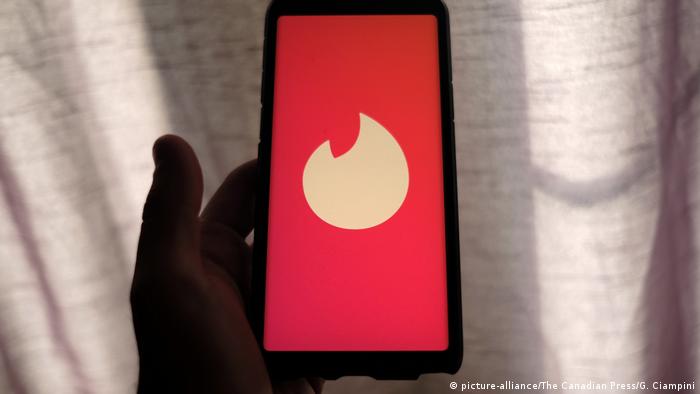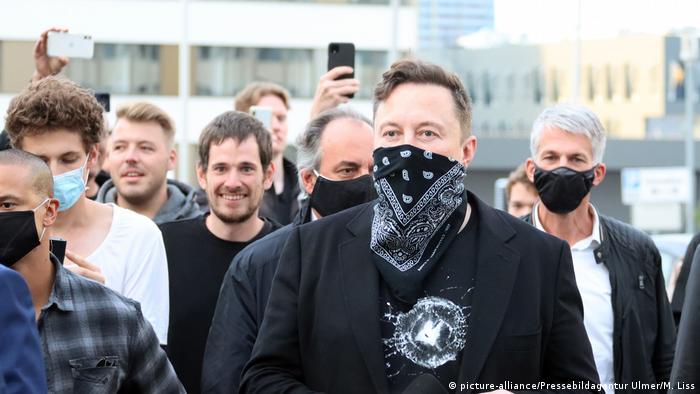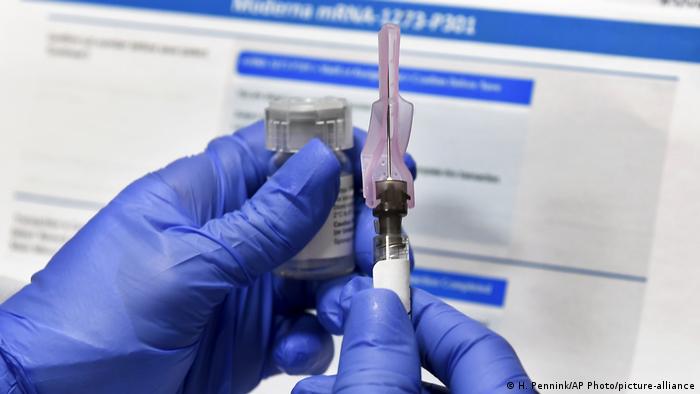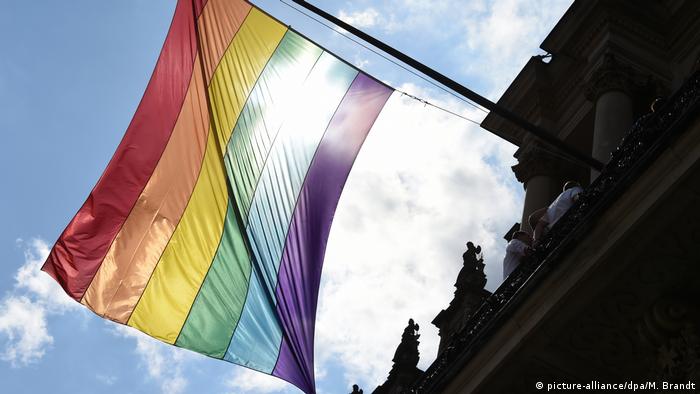THE TRUMP SCHOOL OF FALSIFICATION

KENOSHA, WISCONSIN - SEPTEMBER 01: Police prepare for President Donald Trump's visit on September 1, 2020 in Kenosha, Wisconsin. Kenosha is recovering from several days of unrest and demonstrations following the shoo... MORE
By Zoë Richards TPM
September 2, 2020 8:21 a.m.
A Kenosha business owner rebuked President Donald Trump for appearing to use his leveled shop for political gain after he refused to participate in the President’s tour of the city’s damage and was later replaced by a man who was misrepresented as the shop’s current owner.
Tom Gram who owns an old camera shop that was leveled in fires last Monday after protests broke out in the Wisconsin city told an NBC-affiliate in Milwaukee that he immediately refused when the White House called on Monday, asking if he would accompany the President on a tour that would showcase his leveled business.
“I think everything he does turns into a circus and I just didn’t want to be involved in it,” Gram told WTMJ-TV.
The White House had called with a request from President Trump for Gram to be featured in a presidential tour of damage following demonstrations that turned destructive in the aftermath of the shooting of Jacob Blake after Trump arrived in Kenosha on Tuesday. When Gram said no, it appears that a former owner of the shop who lavishly praised the president’s efforts was featured instead.
Gram told WTMJ-TV that he has been the shop owner of the century-old Rode’s Camera Shop for the past eight years after he purchased the shop from the Rode family. A website for the business confirms that when the business reached its 100-year milestone in 2011, in preparation to retire then-owner John Rode III sold the business to his employees. Before purchasing the shop, Gram said he worked at the store for more than four decades. Co-owner Paul Willette joined the business in 2001.
To Gram’s surprise, he discovered while watching television that President Trump had replaced him. Trump is featured in the video alongside the camera shop’s former owner in a doctored scene that makes it look like the business still belongs to him even though he sold it to Gram several years ago.
Gram’s story is not the first case of President Trump bending facts to suit his political campaign objectives. He featured several public housing tenants in a self-aggrandizing video that aired without their knowledge at the Republican National Convention last week.
While WTMJ-TV found that Rode is still the property owner at 2204 Roosevelt Road in Kenosha, where Gram ran the camera business which is now in ruins, Rode is not the rightful owner of the shop that he sold to his employee.
“I just appreciate President Trump coming today; everybody here does,” Rode — Gram’s false stand-in– said in the clip. “We’re so thankful that we got the federal troops in to help because once they got here, things did calm down quite a bit.”
President Trump also introduced Rode as the “owner of Rode’s Camera Shop,” during a round table conversation on Tuesday.
“I think he needs to bring this country together rather than divide it,” Gram said of Trump, telling WTMJ-TV that he did not believe it was correct to solely focus on law enforcement when “there’s a lot of good people in this community.”

September 2, 2020 8:21 a.m.
A Kenosha business owner rebuked President Donald Trump for appearing to use his leveled shop for political gain after he refused to participate in the President’s tour of the city’s damage and was later replaced by a man who was misrepresented as the shop’s current owner.
Tom Gram who owns an old camera shop that was leveled in fires last Monday after protests broke out in the Wisconsin city told an NBC-affiliate in Milwaukee that he immediately refused when the White House called on Monday, asking if he would accompany the President on a tour that would showcase his leveled business.
“I think everything he does turns into a circus and I just didn’t want to be involved in it,” Gram told WTMJ-TV.
The White House had called with a request from President Trump for Gram to be featured in a presidential tour of damage following demonstrations that turned destructive in the aftermath of the shooting of Jacob Blake after Trump arrived in Kenosha on Tuesday. When Gram said no, it appears that a former owner of the shop who lavishly praised the president’s efforts was featured instead.
Gram told WTMJ-TV that he has been the shop owner of the century-old Rode’s Camera Shop for the past eight years after he purchased the shop from the Rode family. A website for the business confirms that when the business reached its 100-year milestone in 2011, in preparation to retire then-owner John Rode III sold the business to his employees. Before purchasing the shop, Gram said he worked at the store for more than four decades. Co-owner Paul Willette joined the business in 2001.
To Gram’s surprise, he discovered while watching television that President Trump had replaced him. Trump is featured in the video alongside the camera shop’s former owner in a doctored scene that makes it look like the business still belongs to him even though he sold it to Gram several years ago.
Gram’s story is not the first case of President Trump bending facts to suit his political campaign objectives. He featured several public housing tenants in a self-aggrandizing video that aired without their knowledge at the Republican National Convention last week.
While WTMJ-TV found that Rode is still the property owner at 2204 Roosevelt Road in Kenosha, where Gram ran the camera business which is now in ruins, Rode is not the rightful owner of the shop that he sold to his employee.
“I just appreciate President Trump coming today; everybody here does,” Rode — Gram’s false stand-in– said in the clip. “We’re so thankful that we got the federal troops in to help because once they got here, things did calm down quite a bit.”
President Trump also introduced Rode as the “owner of Rode’s Camera Shop,” during a round table conversation on Tuesday.
“I think he needs to bring this country together rather than divide it,” Gram said of Trump, telling WTMJ-TV that he did not believe it was correct to solely focus on law enforcement when “there’s a lot of good people in this community.”








 Bruneau Laurette has channelled the anger that many Mauritians feel after the catastrophic oil spill Fabien Dubessay AFP
Bruneau Laurette has channelled the anger that many Mauritians feel after the catastrophic oil spill Fabien Dubessay AFP
